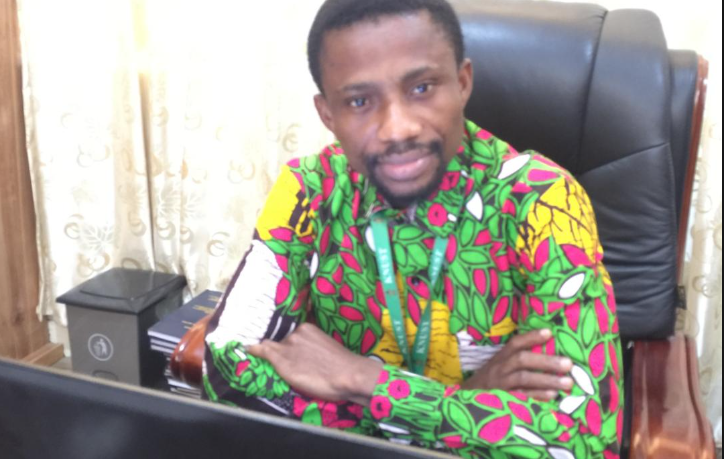Political historian Professor Samuel Adu Gyamfi of the Kwame Nkrumah University of Science and Technology (KNUST) has defended recent remarks by Kennedy Ohene Agyapong, the former Assin Central MP and 2024 presidential aspirant of the New Patriotic Party (NPP), stating that the comments were not aimed at creating division within the party but rather to inspire reflection and realism as it regroups for the 2028 elections.
Professor Gyamfi explained that Agyapong’s appeal for fairness and strategic foresight in selecting the NPP’s next flagbearer was rooted in electoral pragmatism, not disloyalty.
“Ken did not insult anyone or cast aspersions. His comments were deeply rooted in historical reasoning,” he stated, urging party members to view the remarks as constructive input grounded in lessons from the NPP’s political evolution.
Citing the example of Professor Albert Adu-Boahen, the party’s first presidential candidate in the Fourth Republic, Prof. Gyamfi emphasised the importance of contextual decision-making.
“It is trite knowledge that Adu-Boahen broke the culture of silence under Rawlings’ rule,” he noted. “During the NPP’s early years, the party rallied behind him to lead the opposition in the 1992 presidential election.”
Though Adu-Boahen secured around 31% of the vote, he was not renominated in 1996—a move Prof. Gyamfi called realistic, given the prevailing political climate.
“The NPP made a pragmatic choice. After Adu-Boahen’s loss, the party did not field him again—not because he wasn’t capable but because the circumstances demanded fresh strategy and appeal,” he explained.
He also recalled how the NPP responded to electoral irregularities in 1992 with the publication of The Stolen Verdict, which documented systemic flaws and led to a parliamentary boycott, triggering reforms that reshaped Ghana’s electoral system.
Turning to former President John Agyekum Kufuor, Prof. Gyamfi described how the party supported him for a second presidential bid after a strong showing in internal primaries, even though his 1996 election results were modest.
“In the 1996 primaries, Kufuor’s showing was remarkable, despite not winning in 1992. His 16.5% in the presidential election seemed small, but the internal dynamics and his rising popularity warranted another chance,” he said.
Prof. Gyamfi praised the NPP’s tradition of internal democracy but warned that stifling dissent would be detrimental.
On the performance of 2024 NPP flagbearer Dr. Mahamudu Bawumia, the historian called for a candid evaluation, especially in relation to his regional support.
“We need to ask ourselves, how did Bawumia fare in his own backyard? History shows that his influence in the North has not been as solid as expected,” he said.
Reflecting on President Nana Addo Dankwa Akufo-Addo’s political journey, Prof. Gyamfi highlighted the value of persistence combined with growing national appeal.
“In 2008, he got 49.3%—just shy of a win. In 2012, many believed he was cheated, yet he accepted the Supreme Court verdict with grace. His performance across the regions improved consistently, which justified the party’s faith in him,” he said.
He added that Nana Addo’s three-time candidacy was not based on entitlement but on informed calculations and a record of increasing support.
Looking ahead to 2028, Prof. Gyamfi stressed the importance of creating a transparent and competitive internal environment as the party considers its next leader.
“Ghanaian voters are discerning. We need leaders with credibility, influence, and a clear vision. As the NPP reorganises, it must prioritise unity, fairness, and honest evaluation of its options. NPP cannot afford to gamble with its future,” he warned.
He concluded by urging the party to take Kennedy Agyapong’s remarks seriously—not as a threat, but as a timely reminder to protect the party’s democratic core and to prepare wisely for the next electoral cycle.


